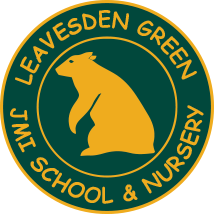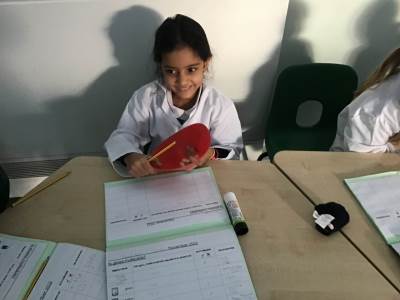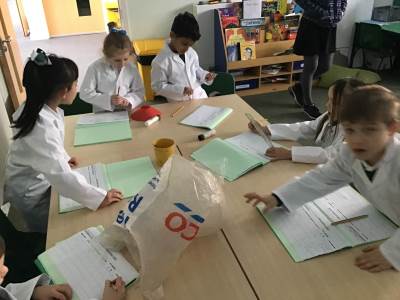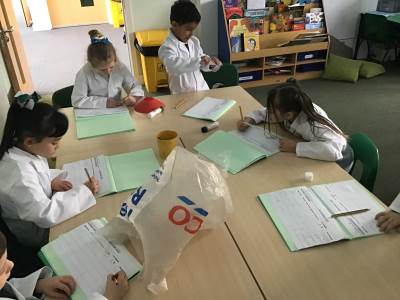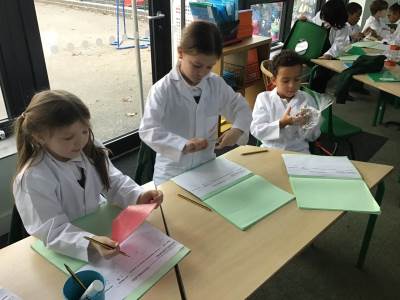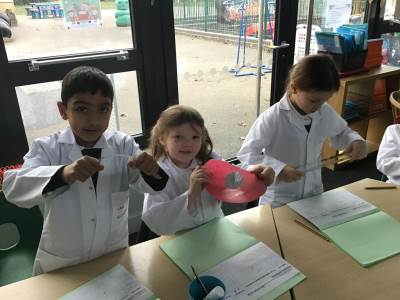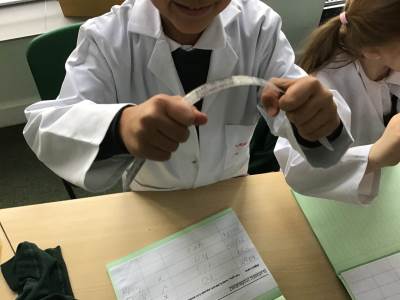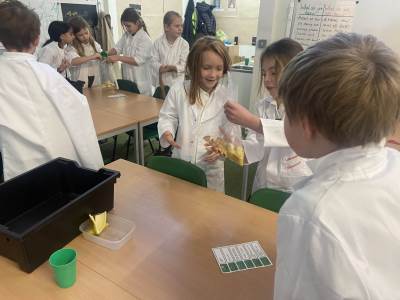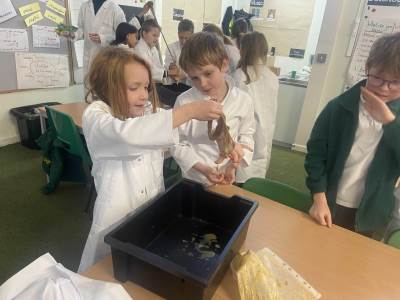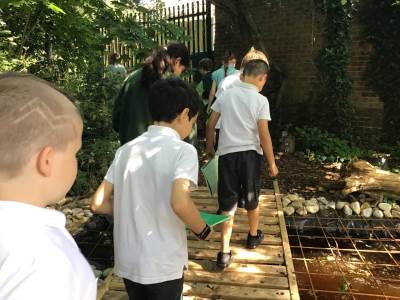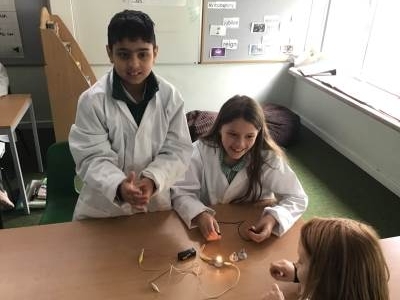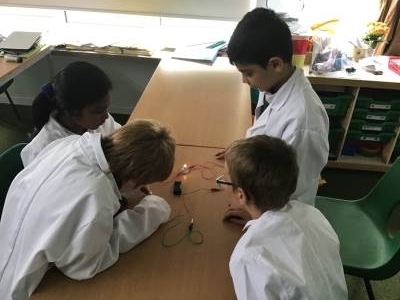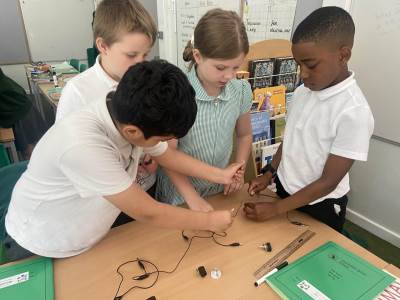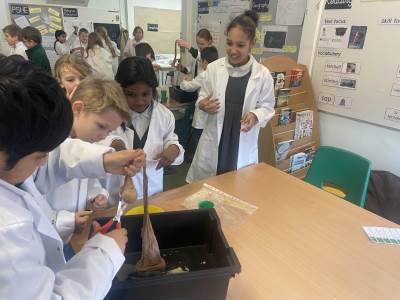Science
"Science and everyday life cannot and should not be separated" - Rosalind Franklin
Science encapsulates the pursuit and application of understanding in the natural and social worlds around us. For our Leavesden Scientists, we seek to create a sense of excitement and curiosity through an enquiry led approach to learning. As a school community, we strive to raise questions about the unknown, intertwining our thinking to make compelling predictions and interesting analysis of our thoughts and understanding. We use the power of observation, talk and technology to enhance our scientific knowledge, and take bold risks in testing.
Scientific Curriculum Overview
|
Question |
Test |
Classify |
Observe & Measure |
Record |
Interpret |
Predict |
Communicate |
|
|---|---|---|---|---|---|---|---|---|
| |
|
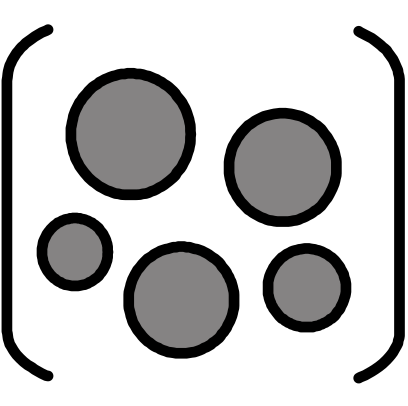 |
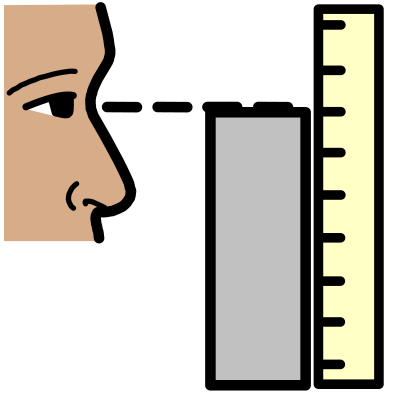 |
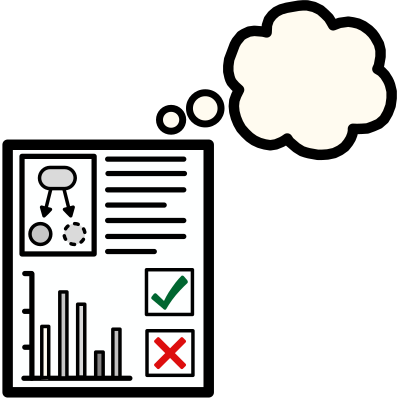 |
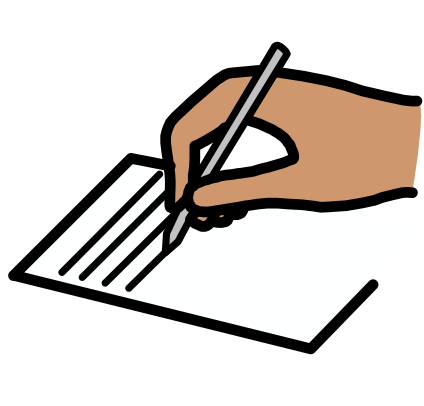 |
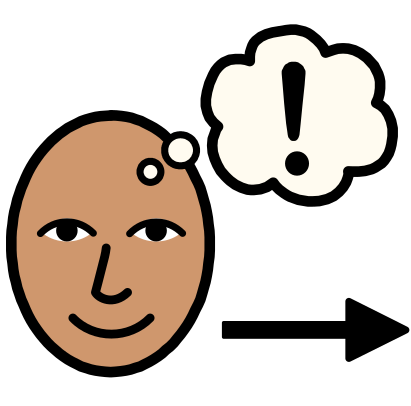 |
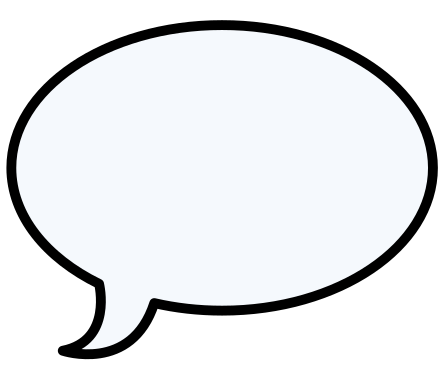 |
|
|
EYFS |
Explore the world around them |
Observe and interact with natural processes |
Recognise similarities and differences |
Focused observation of the natural world |
Draw pictures of the natural world |
Describe on comment on the things they have seen |
Select from given predications what they think will happen |
Use talk to help work out problems and organise thinking |
|
Y1 & Y2 |
Explore the world around them and raise their own questions |
Perform simple tests |
Use simple features to compare objects, materials and living things and, with help, decide how to sort and group them begin to notice patterns and relationship |
Observe changes over time use simple measurements and equipment (for example, hand lenses, egg timers) to gather data, carry out simple tests |
Record simple data |
Talk about what they have found out and how they found it out |
Select from given predications what they think will happen and why |
Record and communicate their findings in a range of ways and begin to use simple scientific language |
|
Y3 & Y4 |
Given a range of scientific experiences to enable them to raise their own questions about the world around them |
Setting up simple practical enquiries, comparative and fair tests |
Talk about criteria for grouping, sorting and classifying use simple keys look for naturally occurring patterns and relationships |
Help to make decisions about what observations to make, how long to make them for and the type of simple equipment that might be used. use new equipment, such as data loggers, appropriately |
Record findings using simple scientific language, drawings, labelled diagrams, keys, bar charts, and tables
|
Supported to analyse this data look for changes, patterns, similarities and differences in their data in order to draw simple conclusions and answer questions |
Use results to make predictions for new values, suggest improvements and raise further questions |
Use relevant scientific language to discuss their ideas and communicate their findings in ways that are appropriate for different audiences |
|
Y5 & Y6 |
Explore ideas and raise different kinds of questions select and plan the most appropriate type of scientific enquiry to use to answer scientific questions |
Recognise when and how to set up comparative and fair tests and explain which variables need to be controlled and why |
Use and develop keys and other information records to identify, classify and describe living things and materials, and identify patterns that might be found in the natural environment |
Make their own decisions about what observations to make, what measurements to use and how long to make them for, and whether to repeat them choose the most appropriate equipment to make measurements and explain how to use it accurately |
Decide how to record data of increasing complexity using scientific diagrams and labels, classification keys, tables, scatter graphs, bar and line graphs |
Look for different causal relationships in their data and identify evidence that refutes or supports their ideas |
Using test results to make predictions to set up further comparative and fair tests |
Report and present findings in oral and written forms using relevant scientific language to justify their scientific ideas and talk about how scientific ideas have developed over time identify scientific evidence that has been used to support or refute ideas or arguments |
Useful Links for Science at Home
Science Museum Group - Kitchen Science

